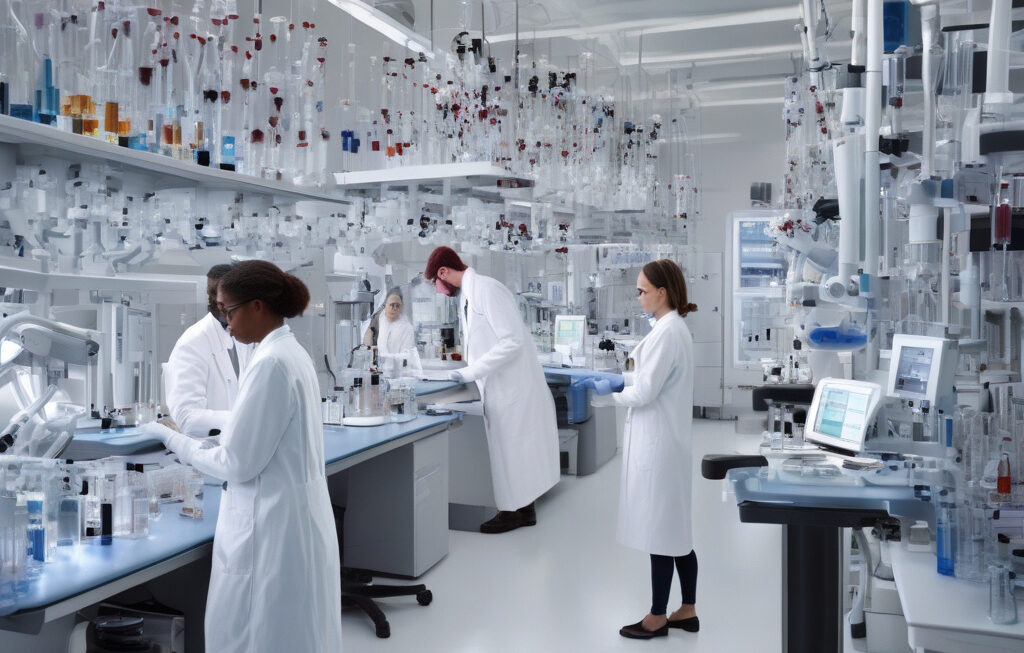The Impact of a Sperm Donor with Rare Cancer Gene Fathering 67 Children Across 8 European Countries
Every year, countless individuals and couples turn to sperm donation, hoping to fulfill their dream of starting or expanding their families. The process typically involves selecting a donor based on various factors such as physical characteristics, medical history, and sometimes even the donor’s personal interests. However, recent news has shed light on a concerning case that has raised questions about the screening processes in place for sperm donors.
A sperm donor with a rare cancer gene has reportedly fathered 67 children across 8 European countries. This revelation has sparked a debate about the importance of thorough medical screenings for individuals who donate sperm. While the donor himself may have been unaware of his genetic predisposition to cancer, the implications for the children conceived with his sperm are significant.
The news has understandably caused alarm among those who have used the donor’s sperm to conceive children. The potential risk of inheriting the cancer gene has left many families grappling with uncertainty and fear for the health and well-being of their offspring. This case underscores the critical need for more stringent medical evaluations of sperm donors to prevent such situations from occurring in the future.
Medical experts emphasize the importance of comprehensive genetic testing for individuals interested in becoming sperm donors. Screening for genetic disorders, hereditary conditions, and other health risks is essential to ensure the safety of the donor-conceived children. In the case of the donor with the rare cancer gene, early detection and disclosure of his genetic status could have prevented the passing on of this potentially harmful gene to multiple children.
Furthermore, this case highlights the need for greater transparency and accountability in the sperm donation process. Donor-conceived individuals and their families should have access to detailed information about the donors, including their medical history, genetic background, and any potential health risks. Open communication and full disclosure are crucial in empowering families to make informed decisions about their reproductive choices.
The story of the sperm donor with the rare cancer gene serves as a cautionary tale for the fertility industry as a whole. It underscores the ethical and moral responsibilities that come with facilitating the creation of new life through assisted reproductive technologies. While sperm donation can be a life-changing opportunity for individuals and couples struggling with infertility, it is essential to prioritize the well-being and safety of the donor-conceived children above all else.
In conclusion, the case of the sperm donor with the rare cancer gene fathering 67 children across 8 European countries raises important questions about the oversight and regulation of sperm donation practices. By implementing more rigorous screening protocols, enhancing transparency, and promoting open communication, we can strive to ensure that the process of sperm donation is conducted ethically and responsibly, with the best interests of the children at heart.
sperm donor, rare cancer gene, genetic testing, sperm donation, medical screenings












